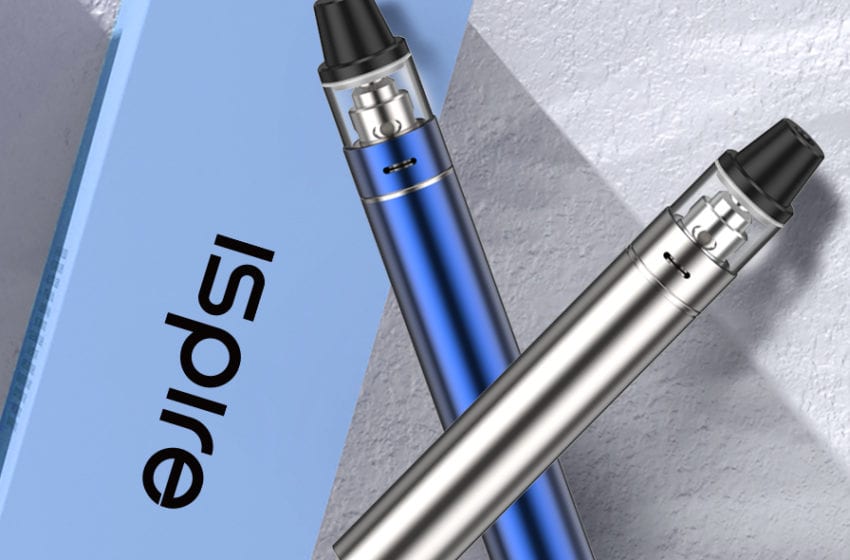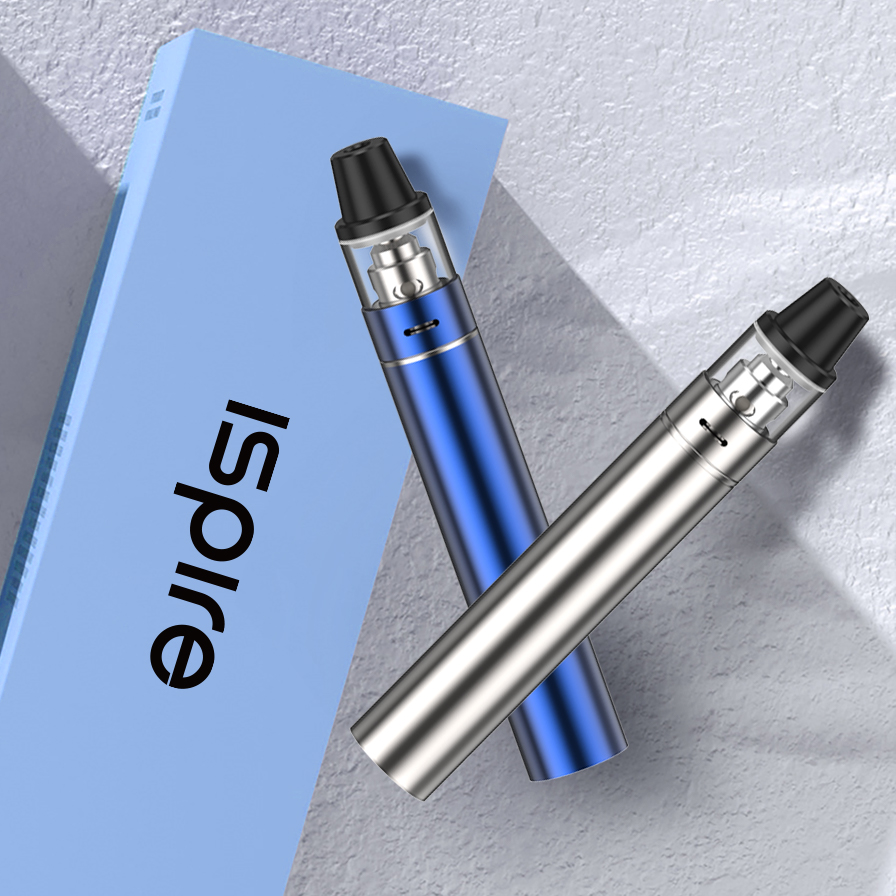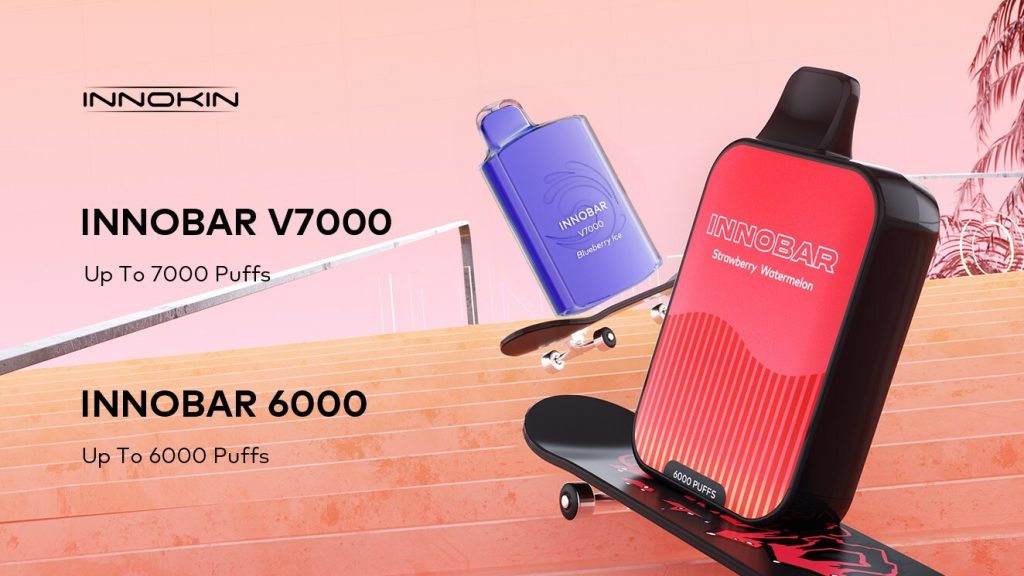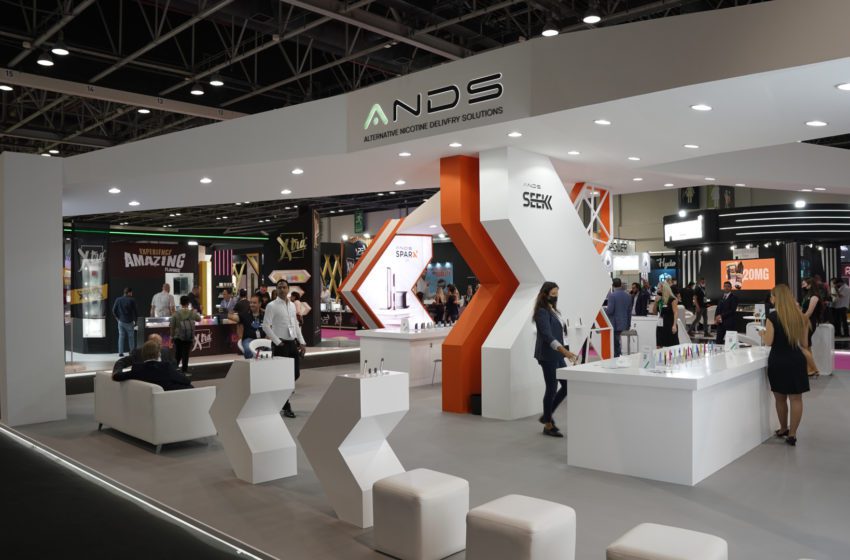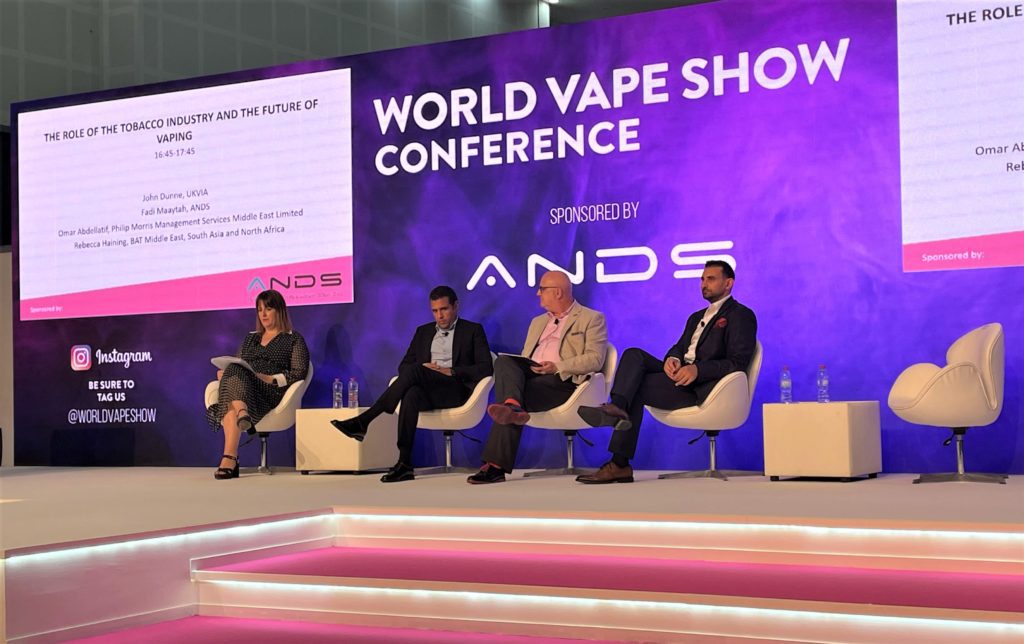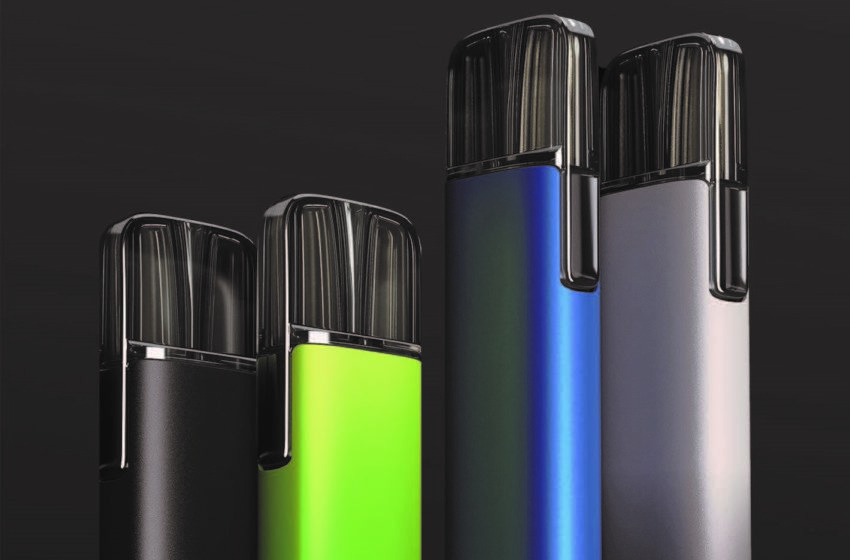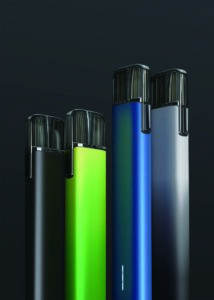The Middle East Vape Show will hold their next event in Bahrain in January.
By Norm Bour
Over the past year, I’ve shared insights to the vape markets in Southeast Asia, including Indonesia, Vietnam, the Philippines, Thailand and Malaysia. Though some of them are separated by just a few feet, the differences between their vape markets—if they even exist—can be a numbing chasm of uncertainty.
Though the vape market started in China, it took off more quickly in the West, and the U.S. and Europe jumped on trend with a vengeance. Asia took longer, limited by religion, government restrictions and customs as much as anything, and even though these countries are still muddled and unpredictable, the Middle Eastern market is also trying to compete with the Western world and has matured impressively over the last few years.
In 2021, I was fortunate to be a speaker in Dubai at the World Vape Expo, and as the Covid pandemic was finally allowing the world to return to “normal,” the exhibitors and attendees seemed impressed at the Middle Eastern presence.
Now, three years later, the region’s vape market is slowly transitioning from a sinful (and unlawful) replacement to tobacco, to a viable (and profitable) alternative to cigarettes, and the Middle East Vape Show, MEVS 360, will demonstrate that at its Jan. 15–17, 2025, event in Bahrain. Last year, post-Covid, the organizers restarted their event in Cairo. The event will alternate between several locations, including Kuwait and Jordan.
But, as this article was being written, there are even more changes in the works.
This event, launched in 2019, has been recently purchased by Dallah Promotions, one of the biggest event management companies in Bahrain and Saudi Arabia. Dallah promotes everything from Comic Con to Ferrari Night, so it must see potential in the vape market, and since they specifically focus on B2C, that would be an enhancement to the show. With this new ownership, the old name, MEVS 360, will be replaced with International Vape Con (IVC) at the Bahrain show, which will be held at the beautiful Exhibition World Bahrain venue.
The new owners recognize the growth trend of vaping throughout the Middle East, and their biggest targets are Saudi Arabia and Kuwait. As a member of the Gulf Cooperation Council (GCC), Bahrain charges a 100 percent tax on tobacco, vape products and energy drinks. Bahrain’s excise tax law was ratified in 2017 and is intended to equalize tobacco taxes and reduce the affordability of tobacco and improve public health. Even with the high tax rates (paid upon import), finding exhibitors for the MEVS 360 show has not been a problem, though the numbers are down from prior years.
Arya Hakim, senior media and production manager with the organization, said it clearly: “The mostly Middle Eastern buyers want quality and are willing to pay for it. They like the disposables, won’t buy ‘junk,’ and they want innovation. This puts pressure to the Chinese exhibitors to bring their ‘best game’ and leave their knockoffs at home.”
Due to restrictions, the IVC will showcase only vape-related products and e-liquids but no tobacco, hookah, shisha, etc. The relatively small show brings in fewer than 100 exhibitors. Its main problem is that the Middle East is still viewed as a small market. The competing World Vape Show in Dubai is the exhibition’s biggest competition in the region.
Smoking is still a big business in the Middle East. Vapers account for almost 20 percent of Egypt’s 112 million population. Home to just 1.5 million people, Bahrain reported a share of about 15 percent in in 2020. In between is the affluent Saudia Arabian market of 37 million people, of which 10 percent are smokers.
“Arabs love to smoke!” joked Hakim.
But Bahrain does have a unique competitive edge in the Middle East. It is one of several countries that have a Free Trade Agreement with the U.S., primarily driven by the mutually beneficial military and naval presence there. Hardware is duty-free for Americans, but tobacco and vape liquids are not.
Another positive change in the show is the partnership with Ecigclick, an independent testing organization that offers advice on the best vape products to buy, along with industry news. Since 2010, the organization has been a leader in the vape space and annually hosts its Ecigclick Vape Awards, which is judged by public vote. Also part of this new collaboration will be 2FIRSTS, a China-based vaping industry media outlet and consultancy, and Rifbar, a newer disposable supplier that has been very hot.
No question, over the years, new collaborations, buyouts and mergers have fueled the growth of the vape industry, creating larger and larger entities, controlled by fewer players. This was predicted a decade ago, and that trend should continue going forward.
Norm Bour is the founder of VapeMentors and works with vape businesses worldwide. He can be reached at norm@VapeMentors.com.


